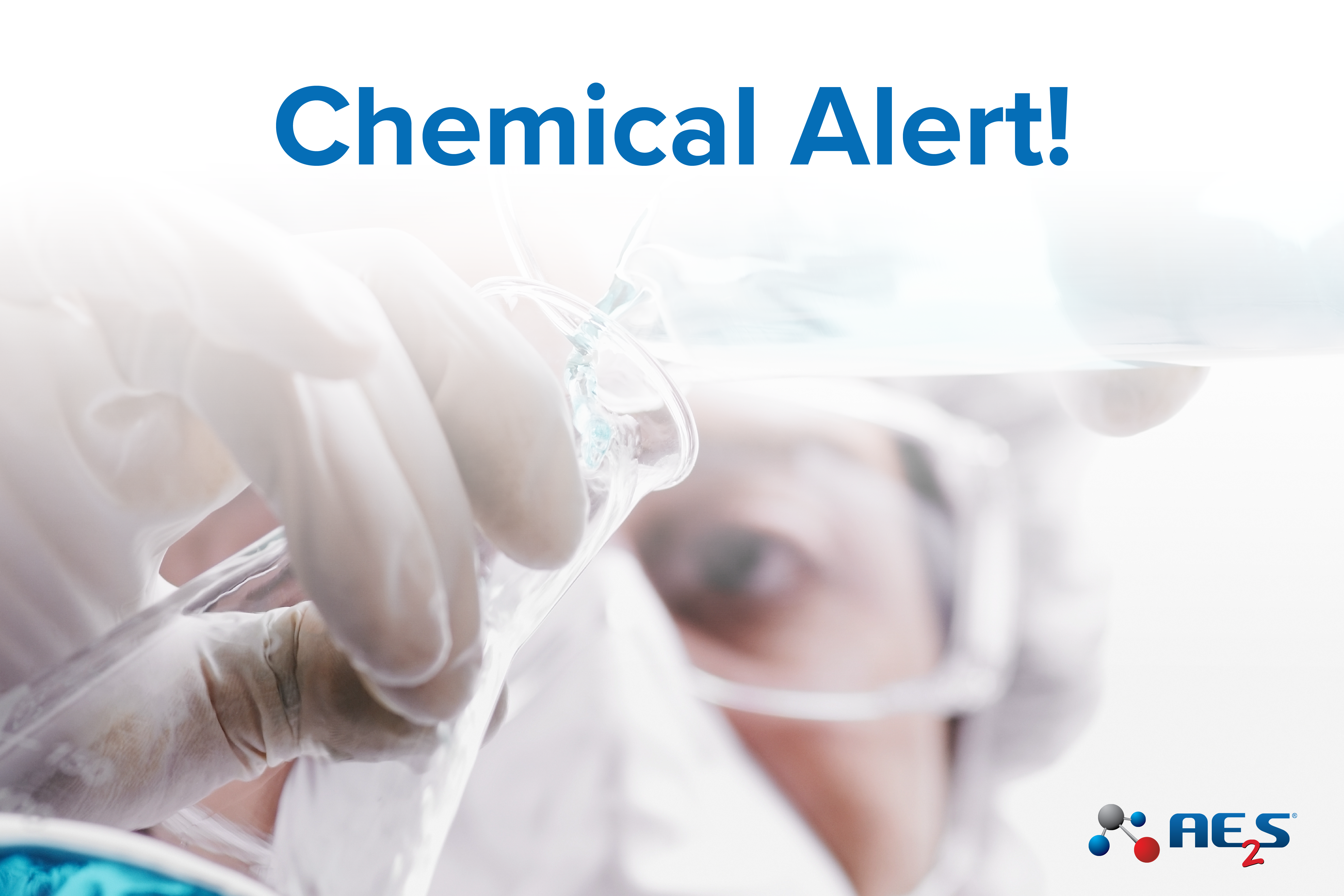The U.S. Environmental Protection Agency (USEPA) announced a final rule to prohibit ongoing uses of chrysotile asbestos, the only known form of asbestos currently used in or imported to the United States. The ban is the first rule to be finalized under the 2016 amendments to the nation’s chemical safety law, the Toxic Substances Control Act (TSCA). The TSCA amendments received near-unanimous support in both the U.S. House of Representatives and the Senate.
The asbestos ban has the potential to impact the water industry. Chlor-alkali chemicals are used in drinking water treatment, which uses chlorine manufactured through the chlor-alkali process. Chlorine is a commonly used disinfectant in water treatment. There are currently eight chlor-alkali plants in the U.S. that use asbestos diaphragms to produce chlorine and sodium hydroxide. The eight plants account for less than one-third of the chlor-alkali production in the country. Alternative production methods, such as membrane cells, account for almost half of the country’s chlor-alkali production.
The remaining facilities that use asbestos must transition to non-asbestos diaphragms or to non-asbestos membrane technology, and the final rule ensures that six of the eight will have completed this transition within five years, with the remaining two to follow. The conversion to non-asbestos membrane technology will require extensive construction, additional permits, specialized expertise, and parts for which there are limited suppliers. Companies with multiple facilities will have five years to convert the first facility, eight years to convert the second, and 12 years to convert the third.
Exposure to asbestos is known to cause lung cancer, mesothelioma, ovarian cancer, and laryngeal cancer, and it is linked to more than 40,000 deaths in the U.S. each year. Learn more about risk management for asbestos.

